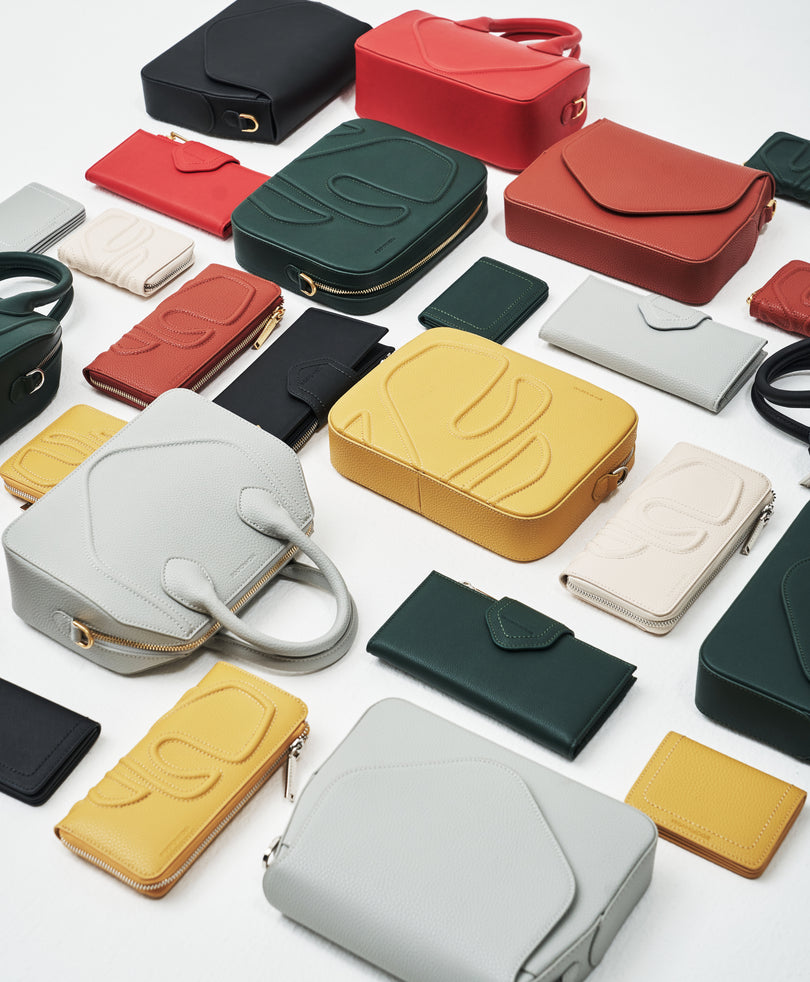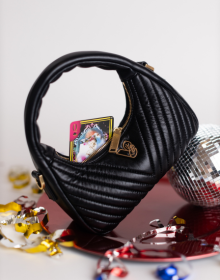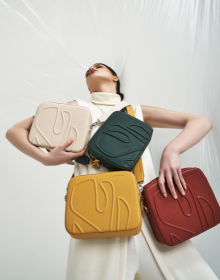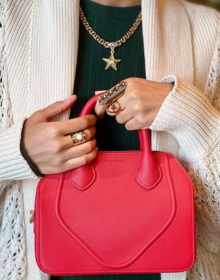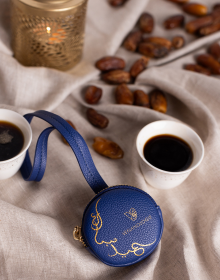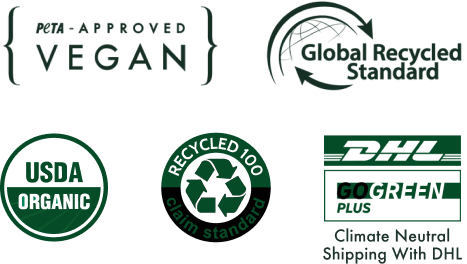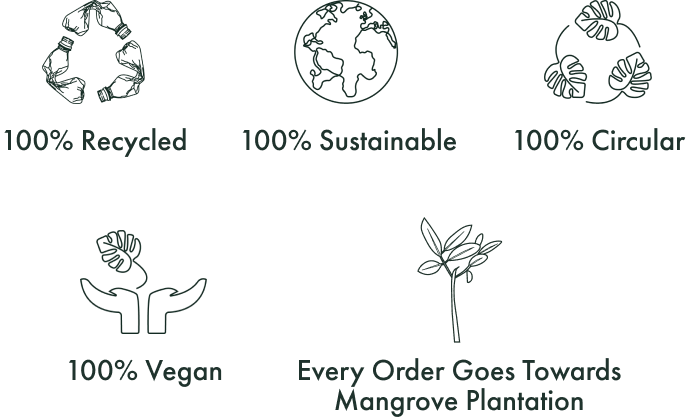They say that you should make lemonade when life gives you a lemon. We at Veganologie believe that when life gives us leftovers, we should create something unique. That's exactly what we're doing! Veganologie is proud to introduce Apple Skin to its collection! Apple leather, also known as Apple Skin, is made using left over pomace and peel from the fruit juice industry. When apples are juiced, there are solid leftovers, known as apple pomace. The pomace has a high cellulose content and is ideal for upcycling into new fabrics.

 Search
Search